SoECAT stands for the ‘Schedule of Events Cost Attribution Tool’ – either a SoECAT or a Schedule of Events (SoE) is required whenever you are conducting clinical research in the NHS or Social Care. Further information and clarification is provided below.
What is the purpose of the SoECAT?
- The SoECAT is a way of providing clarity to participating NHS organisations on the cost attributions associated with a study.
- The template is designed to support correct cost attribution at application for Research Cost funding, to ensure that full site level Research Costs are recovered.
When is a SoECAT required?
- A SoECAT is required by National Institute for Health Research (NIHR) and NIHR non-commercial partner research funders where the call relates to studies that may involve participants under an NHS or Health and Social Care duty of care.
- In some cases, your study may be funded by an NIHR infrastructure award which does not cover Excess Treatment Costs (ETCs) – in these cases, a SoECAT would be required in order to access the ETC process for England. Further information on ETCs can be found here.
- In cases where your study is not funded by the NIHR or a NIHR non-commercial partner, but you wish to make an application to the NIHR CRN Portfolio, you will need to complete a SoECAT.
How do I complete one?
- The NIHR have recently released new guidance on how to complete a SoECAT which can be found here.
When is it completed and where does the SoECAT go when it is completed?
- The SoECAT should be completed at the funding application stage.
- The form must be authorised by an AcoRD Specialist prior to submission for Research Cost funding.
- It should be submitted alongside your other supporting documents when applying through the IRAS system for NHS Ethics approval and/or Health Research Authority approval*.
- The SoECAT/SoE is then sent to your participating NHS/HSC organisations as part of the Local Information Pack at the site study set-up stage.
*Where there is no external funding attached to a project, the Schedule of Events should be used instead of a SoECAT.
Where can I get further support and guidance?
- Your research funder should have guidance you can follow if you are unsure about whether your application requires a SoECAT at the Research Cost funding application stage.
- Get in touch with Suzy Wignall, the Clinical Governance Advisor, or your Funding Development Officer.
- Further information about the SoECAT can be found here.
Remember – support and guidance is on offer at BU if you are thinking of conducting clinical research, whether in the NHS, private healthcare or social care – get in touch with Research Ethics. You can also take a look at the Clinical Governance blog for resources and updates.
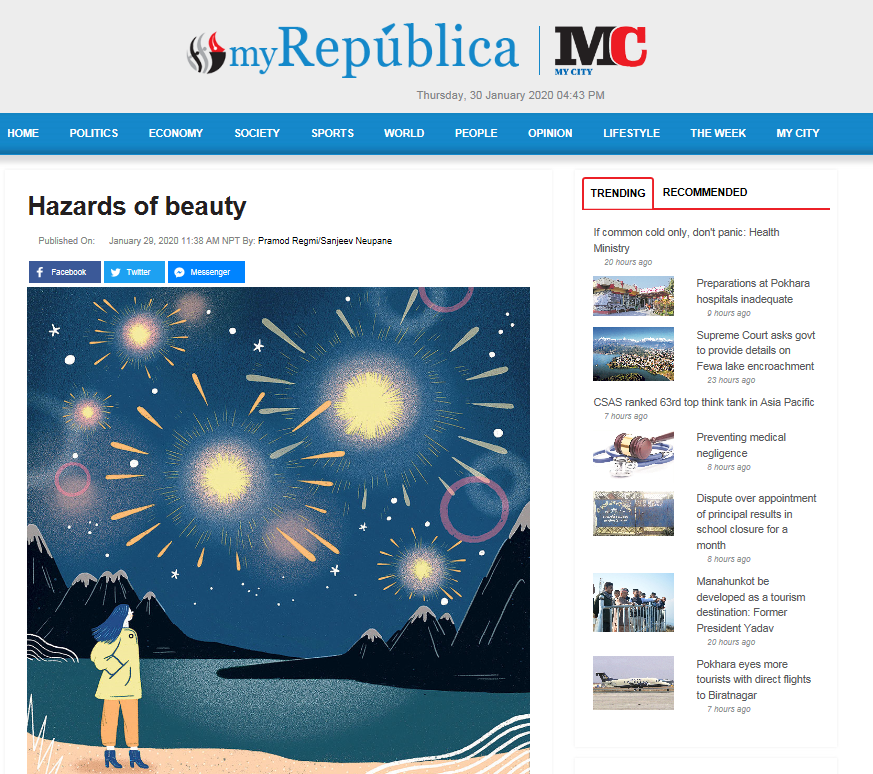


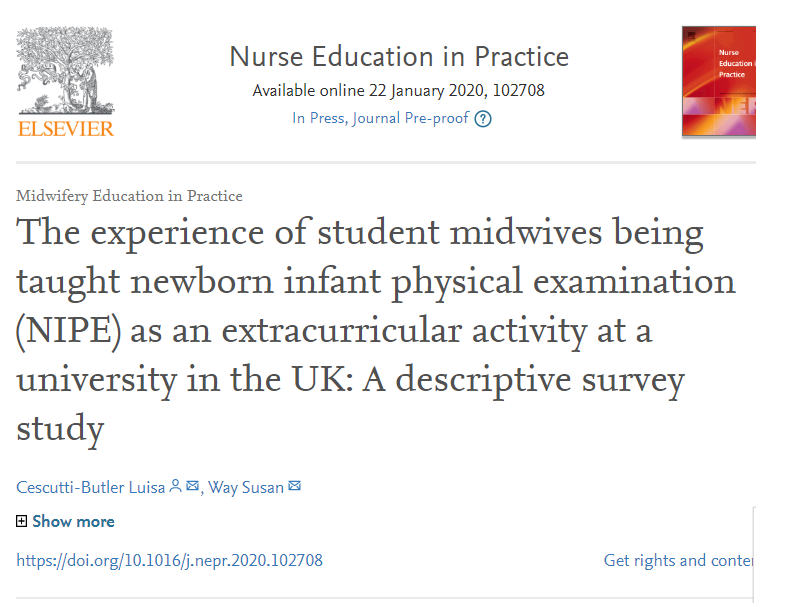



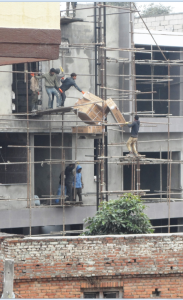
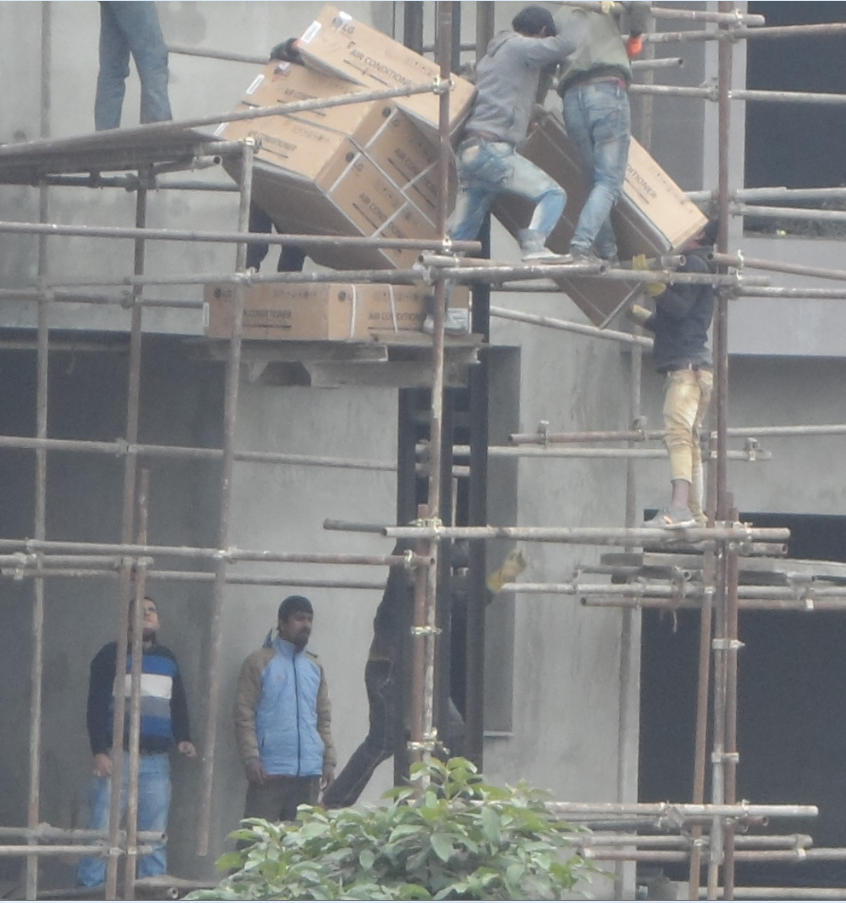
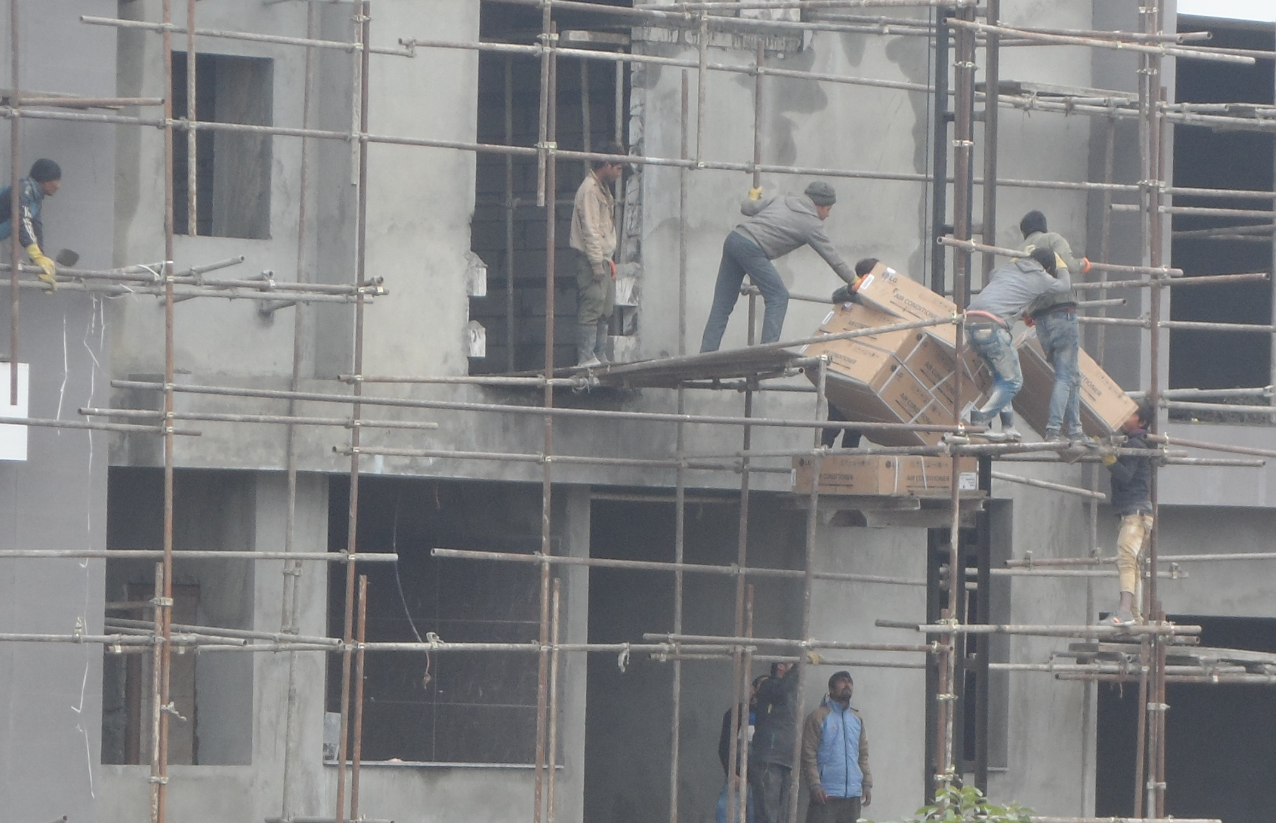
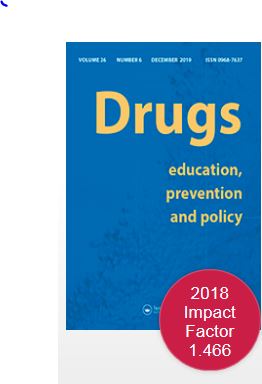
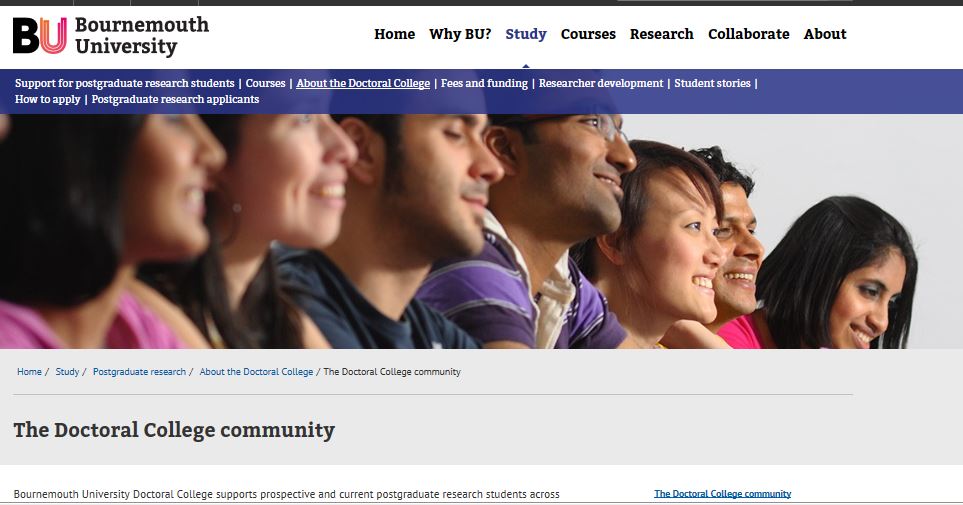
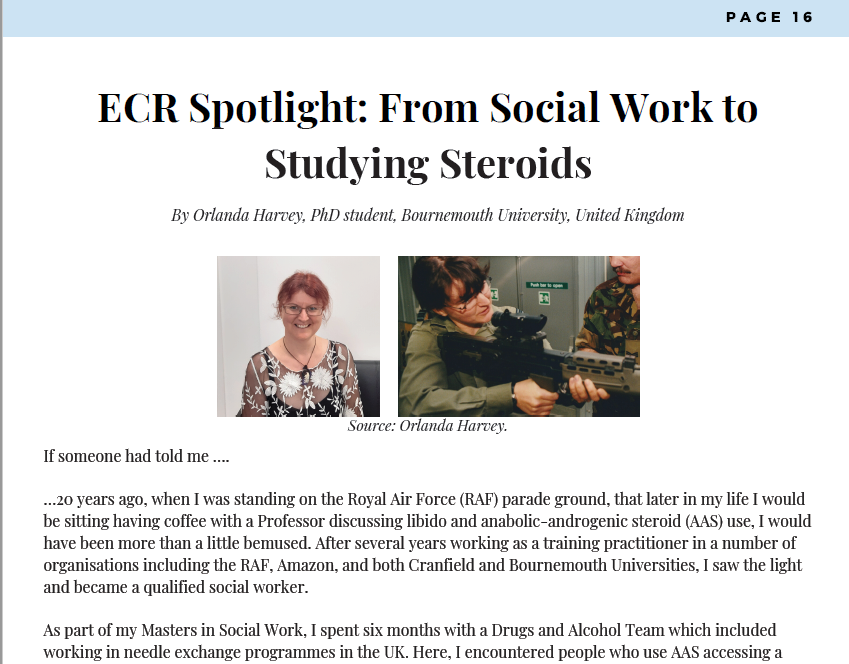
 Prostate Cancer Research Centre, who recently announced a
Prostate Cancer Research Centre, who recently announced a 










 From Sustainable Research to Sustainable Research Lives: Reflections from the SPROUT Network Event
From Sustainable Research to Sustainable Research Lives: Reflections from the SPROUT Network Event REF Code of Practice consultation is open!
REF Code of Practice consultation is open! BU Leads AI-Driven Work Package in EU Horizon SUSHEAS Project
BU Leads AI-Driven Work Package in EU Horizon SUSHEAS Project ECR Funding Open Call: Research Culture & Community Grant – Apply now
ECR Funding Open Call: Research Culture & Community Grant – Apply now ECR Funding Open Call: Research Culture & Community Grant – Application Deadline Friday 12 December
ECR Funding Open Call: Research Culture & Community Grant – Application Deadline Friday 12 December MSCA Postdoctoral Fellowships 2025 Call
MSCA Postdoctoral Fellowships 2025 Call ERC Advanced Grant 2025 Webinar
ERC Advanced Grant 2025 Webinar Update on UKRO services
Update on UKRO services European research project exploring use of ‘virtual twins’ to better manage metabolic associated fatty liver disease
European research project exploring use of ‘virtual twins’ to better manage metabolic associated fatty liver disease